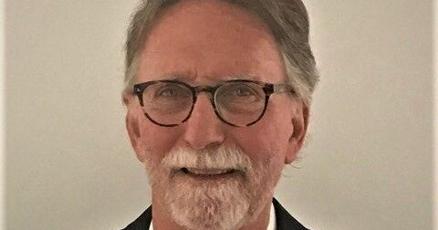
Charleston is changing. Our neighborhood, Ansonborough, is changing. Neighbors don’t live here anymore. Of the 13 houses on our block, the owners have a total of 25 residences spread across six states and three countries. They are geographically promiscuous. A neighborhood where residents don’t reside full time is less a neighborhood than a temporary place to lay one’s head.
A real estate investment is not the same as a civic investment. The popularity of Charleston as a tourist destination has led to its popularity as a place to invest in a house. Real estate values are bid up, but civic values are degraded.
Two of the neighborhood property owners own four residences each. Two others own three homes. And four own two residences each. Six own only one property. I am one of those residence “onesies.” Counting us onesies, the average residence per resident is 2.27.
One of our geographically diversified neighbors has his primary home inside a nearby island resort. In total, he owns three residences – a beach house, a downtown house and a mountain place several hours by air from here. It’s a good life. I don’t know where he votes. The beach place and the downtown place are a half hour apart. It’s easy for him to spend part of any given day at either or each. He can choose where he sleeps.
Another neighbor couple has their primary residence on another resort island, Hilton Head. It’s not all that close – a four-hour round trip. They tend to stay at their Charleston house two to four nights at a time. In addition to their two S.C. residences, they own two other residential properties.
Yet another neighborhood family also owns two here in South Carolina, one in North Carolina and another in Colorado. I don’t know where they have their voter registration. If I had my choice, I would choose North Carolina. There’s a chance my vote could make a difference in a presidential election there. On the other hand, I like voting in local Charleston elections. I care about these contests, and my vote counts in them. Voting in local elections is an important part of civic engagement.
I still vote in federal elections, but it’s more of a performative act. I know that my vote for president doesn’t really count.
Another house on the block is owned by a guy whose full-time residence is in Manhattan. In addition, he has a beach property in Delaware. He found he was spending less and less time in his Charleston house, so he recently rented it to a retired couple from Silicon Valley. This couple had never been to Charleston before signing a one-year lease on the house, but they were familiar with Charleston’s public image.
The owners of homes on our short block of 13 houses also own three other South Carolina properties for a total of 16 South Carolina properties, two North Carolina homes, two Manhattan properties, two Colorado properties, one in Florida, one in South America and one in Europe.
A longtime friend of mine – a Charleston native, a contemporary, a lifelong public citizen from a family of lifelong public citizens – was raised and still lives South of Broad. He has a complaint about his street similar to mine: No one lives there.
In a simpler time, when Hurricane Hugo came ashore in 1989, every house on our block was occupied by a full-time resident. In the two weeks following the storm, when there was no electricity in our neighborhood, we helped each other with repairs. We pooled the contents of our refrigerators and freezers. We worked together in the daylight hours, and we cooked, ate and drank together in the evenings. That likely wouldn’t happen today. We couldn’t get a quorum.
Roy Owen is a Charleston resident.
Sign up for our opinion newsletter Get a weekly recap of South Carolina opinion and analysis from The Post and Courier in your inbox on Monday evenings.
Sign Up!
[Collection]postandcourier.com